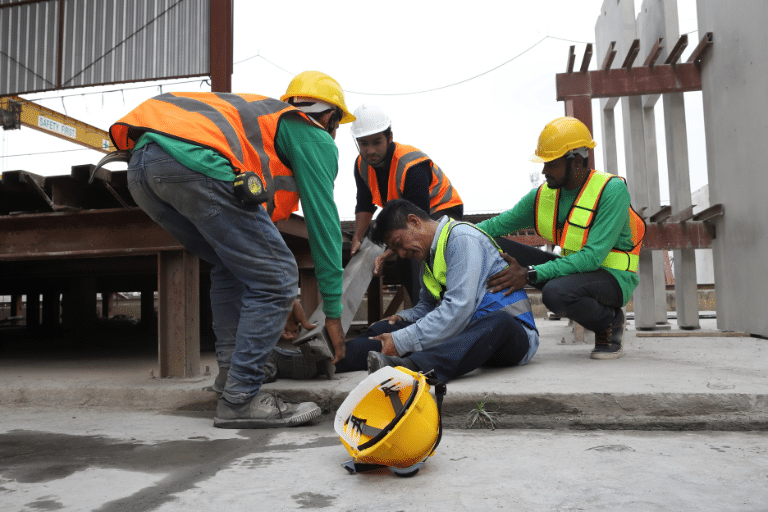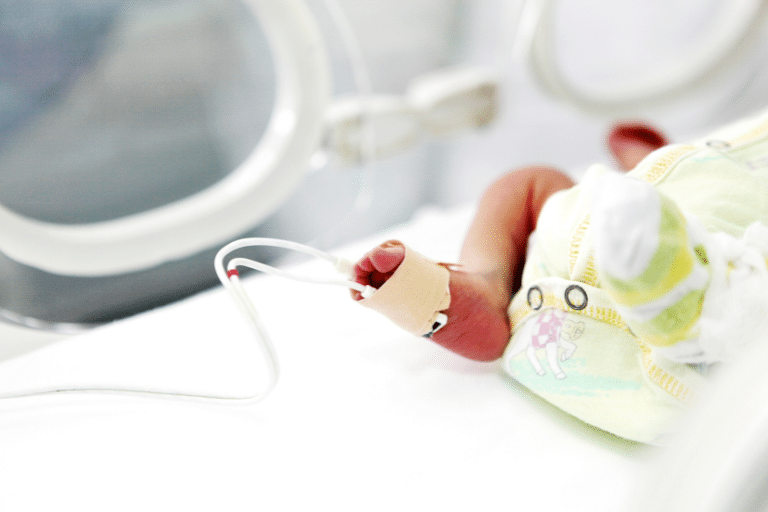Amputation is a life-changing event. Whether resulting from an accident, trauma or medical issue, the physical and psychological impacts of amputation can be profound and enduring.
Physical effects of amputation
Most people experience at least one of these issues, if not all:
- Limited mobility and dexterity: One of the most obvious physical effects of amputation is the reduced ability to move around freely. Although prosthetic limbs can provide some mobility, amputees may still face challenges in walking and performing certain physical activities.
- Stump and phantom limb pain: Amputees often experience pain in the residual limb, known as stump pain, caused by damaged nerves at the amputation site. Additionally, many amputees suffer from phantom limb pain.
- Muscle contractions: Muscle contractions may occur due to an imbalance of muscles in the remaining limb. Lower limb amputees are particularly susceptible to this condition, as their central nervous system and anatomy undergo sudden and drastic alterations.
- Fatigue: Amputees often experience increased levels of tiredness and fatigue as they exert extra effort and energy to perform routine activities. Walking with a prosthetic limb can place additional strain on the remaining limb.
Psychological effects of amputation
Amputation can also have a significant effect on the psyche:
- Mental and emotional trauma: Amputation can trigger post-traumatic stress disorder (PTSD) in some cases, especially when it occurs due to a traumatic event. Symptoms of PTSD may include flashbacks, anger, depression, nightmares and avoidant behaviors.
- Self-esteem issues: The loss of a limb can lead to feelings of inadequacy and self-doubt. Amputees may struggle with self-esteem and confidence issues, depression and anxiety.
Factors affecting recovery from amputation
Your recovery may depend on the following factors:
- Age: Different age groups experience distinct challenges when facing amputation. Infants and children may adapt better to limb loss due to their ability to compensate and adapt. Older adults might face challenges related to livelihood, functional capacity and social interactions.
- Personality: Personality traits play a role in how individuals react to amputation. Individuals heavily invested in their appearance and power may struggle more with the loss of a limb.
- Social support: The presence of a supportive partner or family can significantly influence the amputee’s ability to adapt and cope with the changes. Peer acceptance and support also play a crucial role, especially for children and adolescents.
If you’ve suffered amputation as a result of someone else’s negligence or recklessness, the Law Offices of Tim Misny can help recover compensation for your injuries.
Call an Ohio catastrophic injury attorney today
The Law Offices of Tim Misny can help you with your amputation personal injury claim. If you or a loved one were injured due to someone else’s negligence or recklessness, I’ll Make Them Pay!® Call my office at (800) 556-4769 so that I can evaluate your case right away.







